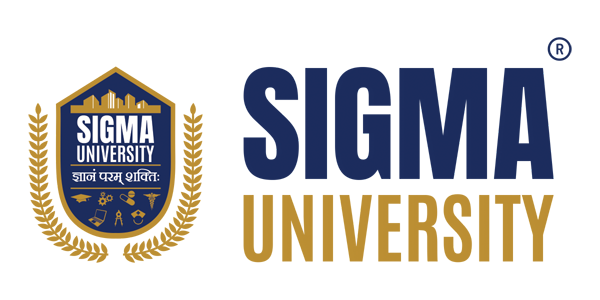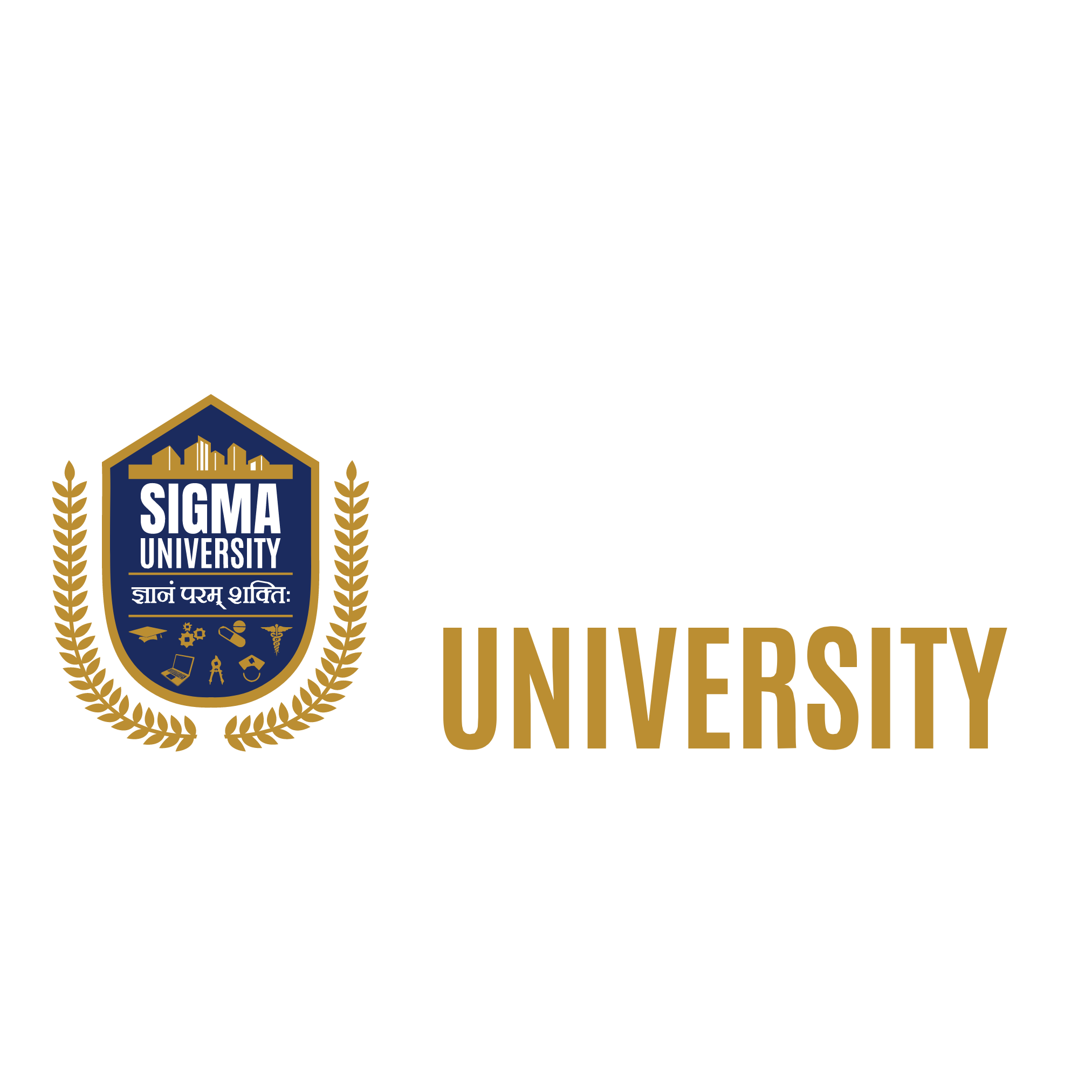BPharm Admission Guide: Eligibility, Entrance Exams & Job Opportunities
The Bachelor of Pharmacy (BPharm) is considered to be an essential undergraduate curriculum for students seeking to contribute substantially to the pharmaceutical sector. This comprehensive guide delves into the fundamentals of BPharm admissions, such as eligibility requirements, entrance examinations, BPharm course structure, and the numerous employment prospects that await graduates. What is a BPharm Degree? A Bachelor of Pharmacy (BPharm) is a four-year undergraduate curriculum that teaches students how to correctly prepare, dispense, and use drugs. The curriculum includes Human Anatomy and Physiology, Pharmaceutical Analysis, Medicinal Chemistry, Industrial Pharmacy, Pharmacology, and Herbal Drug Technology. Graduates are prepared to work in various pharmaceutical industry sectors, such as research, development, quality assurance, and sales. Why Choose a BPharm Course? Pursuing a BPharm degree offers several advantages: Diverse Career Opportunities: Graduates can explore roles in pharmaceutical companies, hospitals, regulatory agencies, and academia. Contribution to Healthcare: Pharmacists play a crucial role in patient care by ensuring the safe and effective use of medications. Growing Industry: The pharmaceutical sector is expanding globally, leading to increased demand for qualified professionals. Foundation for Advanced Studies: A BPharm degree is a stepping stone for higher education, such as an MPharm or MBA in Pharmaceutical Management. B. Pharm Eligibility Criteria To be eligible for a BPharm program in India, candidates must meet the following requirements: Educational Qualification: Completion of Class 12 with a minimum aggregate of 50% in Science subjects, including Physics, Chemistry, and Biology or Mathematics. Age Limit: Applicants must be at least 17 years old at admission. Additional Requirements: Some institutions may have specific criteria, such as English proficiency or state domicile requirements. B. Pharm Admission Process The admission process for BPharm degree typically involves: Entrance Examination: Candidates must appear for relevant entrance exams conducted at the national or state level. Application Submission: After qualifying for the entrance exam, candidates must apply to their chosen institutions, providing the necessary academic and personal details. Counseling Session: Shortlisted candidates are invited for counseling sessions, where they can select their preferred colleges based on their entrance exam ranks and seat availability. Document Verification and Fee Payment: Final admission is granted after verifying the candidate’s documents and payment of the requisite fees. Entrance Exams for B. Pharm in India Several entrance exams are conducted for BPharm admissions across India: NEET (National Eligibility cum Entrance Test): A national-level exam primarily for medical courses but accepted by some pharmacy colleges. MHT CET (Maharashtra Common Entrance Test): A state-level exam for admissions in Maharashtra. WBJEE (West Bengal Joint Entrance Examination): Conducted for admissions in West Bengal. GUJCET (Gujarat Common Entrance Test): For admissions in Gujarat-based institutions. BITSAT (Birla Institute of Technology and Science Admission Test): An entrance exam for BITS Pilani and its affiliated campuses. Other State-Level Exams: Various states conduct entrance exams, such as KCET (Karnataka Common Entrance Test) and TS EAMCET (Telangana State Engineering, Agriculture & Medical Common Entrance Test). B. Pharm Course Structure & Syllabus Overview The BPharm course curriculum is designed to provide a balanced mix of theoretical knowledge and practical skills. Key subjects include: Human Anatomy and Physiology: Understanding the human body’s structure and functions. Pharmaceutical Analysis: Techniques for analyzing drugs and pharmaceuticals. Medicinal Chemistry: Study of drug design and chemical properties of medications. Pharmacology: Effects and mechanisms of drugs on biological systems. Pharmacognosy: Study of medicinal drugs derived from natural sources. Industrial Pharmacy: Manufacturing and quality control of pharmaceutical products. Pharmaceutical Jurisprudence: Laws and regulations governing the pharmacy profession. Fee Structure and Duration of B. Pharm Courses Duration: The BPharm degree spans four years and is divided into eight semesters. Fee Structure: Tuition fees vary across institutions: Government Colleges: Approximately ₹15,000 to ₹50,000 per annum. Private Colleges: Ranges from ₹50,000 to ₹1,25,000 per annum. Additional expenses may include laboratory fees, books, and accommodation. Career Opportunities After B. Pharm BPharm graduates have plenty of career options to choose from like: Pharmaceutical Industry: Production, quality control, and research and development roles. Clinical Research Organizations (CROs): Involvement in clinical trials and research studies. Regulatory Affairs: Ensuring compliance with pharmaceutical regulations and laws. Hospital and Community Pharmacies: Dispensing medications and counseling patients. Academia: Teaching positions in pharmacy colleges and institutions. Job Roles & Salaries for B. Pharm Graduates Typical job roles and their average annual salaries include: Clinical Research Associate: ₹3 to ₹5 LPA. Pharmaceutical Sales Representative: ₹2.5 to ₹4.5 LPA. Quality Control Analyst: ₹3 to ₹5 LPA. Top Recruiters Hiring B. Pharm Graduates BPharm graduates are in high demand across various sectors, including pharmaceutical companies, hospitals, research organizations, and government agencies. Some of the top recruiters in India and globally include: Pharmaceutical Companies Hospital & Healthcare Sector Clinical Research Organizations (CROs) Government Agencies & Public Sector Units (PSUs) Higher Education Options After B. Pharm Degree Pursuing higher education after B. Pharm course can significantly improve career prospects. Some popular options include: Master of Pharmacy (MPharm) MBA in Pharmaceutical Management PharmD (Doctor of Pharmacy) PG Diploma in Clinical Research MSc in Pharmaceutical Sciences Is B. Pharma the Right Choice for You? Choosing B. Pharm course as a career path depends on your interests and professional goals. Consider BPharm if you: Have an interest in medicine, healthcare, and research. Want to contribute to drug development and patient care. Prefer a stable, high-demand career with opportunities in diverse fields. Plan to pursue higher studies like MPharm, MBA, or PharmD for specialized roles. FAQs 1. What is the eligibility for a BPharm course? To pursue a BPharm degree, candidates must have completed 10+2 (Science stream) with Physics, Chemistry, and Biology/Mathematics. Depending on the university, a minimum aggregate score of 50-60% is required. Some colleges also require entrance exam scores like GPAT, MHT CET, or WBJEE for admission. 2. Which entrance exams are required for BPharm course in India? Popular entrance exams for BPharm admission in India include NEET, GPAT, MHT CET, WBJEE, KCET, and BITSAT. Different states and universities have exams, and some institutes offer direct admission based on 10+2 merit. 3. What is the syllabus of a BPharm degree? The BPharm syllabus
BPharm Admission Guide: Eligibility, Entrance Exams & Job Opportunities Read More »




